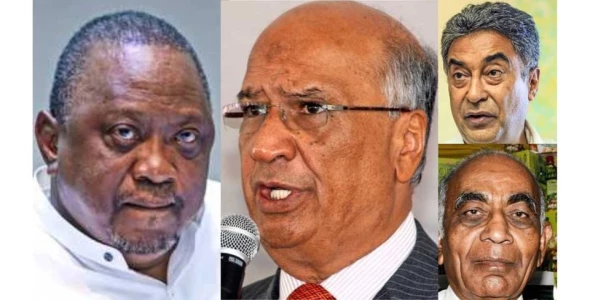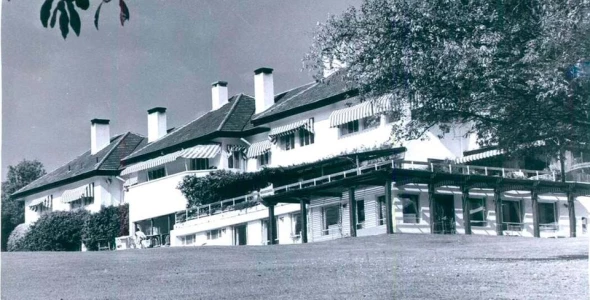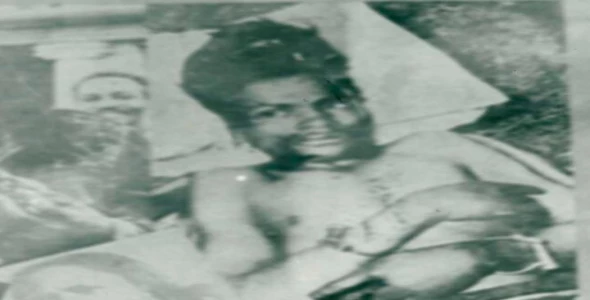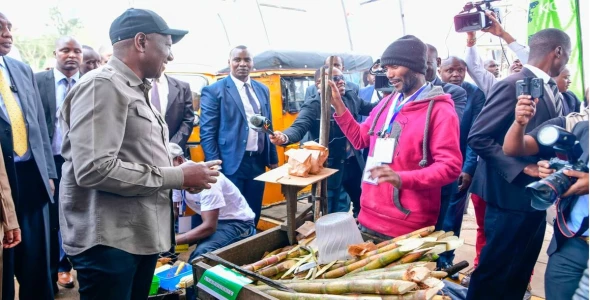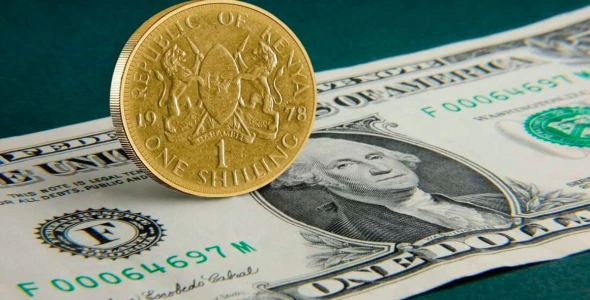Follow us on Facebook
Blog Details
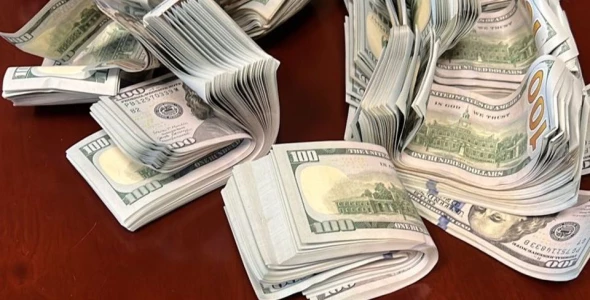
- 12 Oct, 2022
- 422 Views
- Source : Admin
Six women arrested at JKIA, custom officials intercept Sh102 million in cash
Six women were arrested at the Jomo Kenyatta International Airport (JKIA) allegedly trying to smuggle Sh102 million into the country.
The women were arrested by customs officials as they were clearing an Ethiopian Airline.
According to KRA’s Customs and Border Control Unit, the currency was concealed in their luggage containing personal items and was discovered during a routine scanning process at JKIA.
The suspects are said to have arrived in the country from India aboard Ethiopian airline Number ET 318.
“On October 6, 2022, while clearing Ethiopian Airline flight Number ET 318, some six women of Somali origin arrived at the Customs area. They had with them luggage’s containing shoes and clothes. As usual, the bags were scanned to establish what they contained,” KRA said in a statement.
“The images showed items that looked like currency. Upon secondary verification, it was confirmed that the luggage contained US currency amounting to 857,300USD.”
The money was intercepted and deposited into the customs warehouse for further investigations.
The provisions of the Second and Third Schedules of the East African Community (EAC) Customs Management Act requires passengers to declare all cargo and items they are carrying at the ports of entry and exit.
“KRA encourages passengers to correctly declare all cargo/items at the Ports of entry and exit as required under the provisions of the Second and Third Schedules of the EAC Customs Management Act, 2004,” KRA said
In February, a Kenyan man traveling from Burundi was arrested at the JKIA in Nairobi with $2 million in foreign currency.
KRA custom officials intercepted the traveller and seized his parcel. He was arrested on suspicion of being part of a money-laundering scheme after failing to declare the cash as required by law.
“The money has been held and the matter is under investigation,’’ KRA commissioner for Custom and Border Control Lilian Nyawanda said in a statement then.
According to KRA, when the passenger arrived at JKIA from Bujumbura, Burundi, he made a declaration of the currency indicating the origin as Banque de Credit de Bujumbura (BCB) to a recipient Brinks Global Services, Kenya.
After clearance by Customs Unit at the airport, the traveler later, presented the same money at the Swissport Cargo shed with different export documents for shipment to Global Services, UK.
The documents produced to support the export request were different from those produced on entry into the country.
Just days before KRA had arrested a foreigner at Kenya's main airport with undeclared cash.
The foreigner, a Bahraini national identified as Khalid Jameel Saeed, was intercepted at JKIA with $975,000.
Huge amount
He was on transit to Bahrain through Egyptian Airlines. Last year, Posta staff working jointly with KRA customs officers based at City Square Post Office recovered $28,000 concealed in a jacket shipped into Kenya as a parcel from South Carolina State, US.
In another case last year, a Nigerian national was arrested at the JKIA on his way to Dubai with undeclared foreign currencies. Mr Mauzu Bala was arrested with the money-- in 880,000 US dollars, 60,000 euros and 63,000 Nigerian naira -- stacked in his handbag.
Section 12 (1) of the Proceeds of Crime and Anti-Money Laundering Act requires a person to declare any amount above $10,000 (approximately over Ksh1 million).
The law requires individuals traveling or sending parcels with a huge amount of money to declare and produce documents supporting the legitimacy of the cash in the fight against money laundering.
The United States government in the past has put Kenya on the list of global hotspots for money laundering, citing insufficient controls on the circulation of dirty cash and the lack of laws against terrorism financing.

